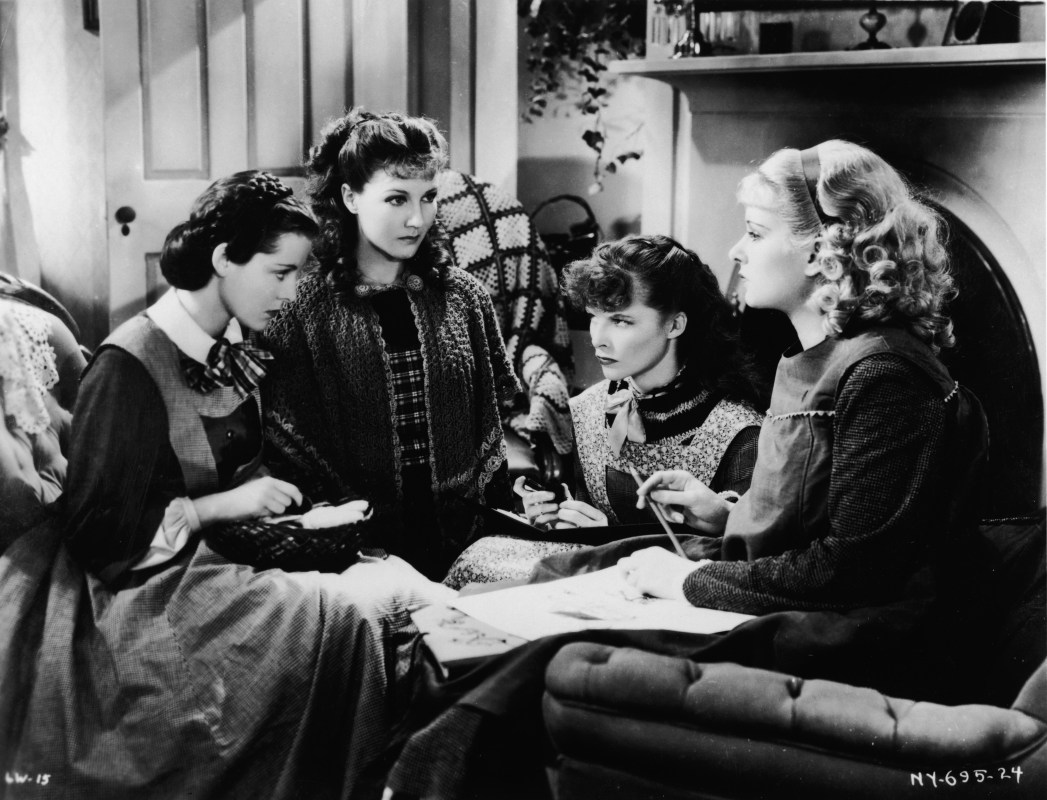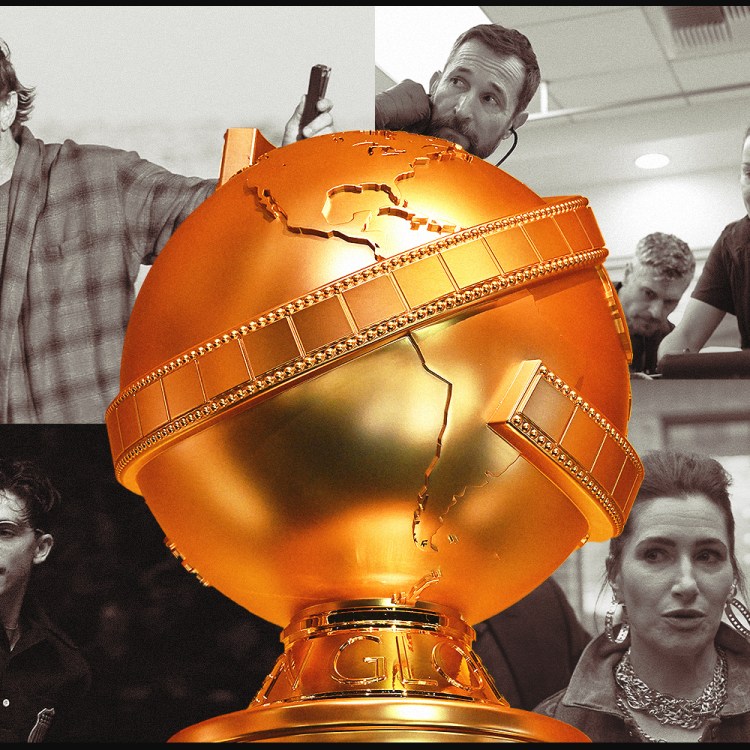Louisa May Alcott would likely laugh at all the praise, and #MeToo hosannas, for her female-centric novel, Little Women, published in 1868 and celebrating its 150th birthday.
It doesn’t denigrate the novel – or the three adaptations currently in play — to know that the author deemed her work “dull” and “moral pap.” For despite the fairly unsurprising setting of her most famous novel, Alcott’s own experience in the mid-19th Century was far juicier and less schematic than autobiographical tale she wove of saintly Marmee and her four disparate daughters, Jo, Meg, Beth and Amy.
The novel skips over the part where her father — unlike the one in the book off bravely fighting the Civil War — moved the family to a Massachusetts commune, which they named Fruitlands.
Within 18 months, this bitter fruit rotted.
The landowners evicted the impoverished Alcotts, having lost the hand-stitched shirts off their backs and sending Papa to his bed in a depressed funk, according to Alcott’s 1873 satire, Transcendental Wild Oats. It’s that lesser-known book, drawn from her diary as a 10-year-old that, while hardly the mainstream masterpiece and moneymaker, tells the kind of cockamamie pilgrim’s progress that runs through the American experience.
Alcott’s father, Amos Bronson Alcott (1799-1888), was a well-known philosopher, educator, writer and reformer. And, one might posit, blowhard. With English Transcendentalist and abolitionist Charles Lane, Mr. Alcott attempted in June 1843 to create a utopia that they termed a “Consociate Family,” in a red clapboard farmhouse in Harvard, Massachusetts not far from Concord.
An article quoted on the Fruitlands Museum website from the aptly titled Failure Magazine notes that “the members pledged themselves to celibacy and a strict diet of fruit and raw vegetables, aiming to live simply and celebrate an intimate connection with the environment.”
How 1960s does that sound? And, like so many hippie communes, better in theory than practice.
Contrary to popular assumptions, young Alcott grew up in a teeming East Coast intellectual environment fairly flooded with alternative lifestyles. There was no shortage of Suffragists, radicals, reformers, abolitionists, Spiritualists, free lovers and free thinkers in the circles in which the family traveled.
However, Louisa and her father might have had different ideas of what constituted a utopia. As many a child, the future author had a hard time taking her father’s big ideas seriously. She also felt the strain of agricultural life on a remote farm where her mother shouldered the bulk of the labor alongside Mrs. Lane, money was tight and physical discomfort led to rancorous philosophical arguments.
The journey to the farm at the heart of Transcendental Wild Oats begins full of optimism. So much so Mrs. Alcott (the inspiration for Marmee) goes by the name Hope, while her distracted husband is called Abel Lamb – his partner is, not so subtly, Timon Lion.
Like Little Women, the fiction follows in the literary path of John Bunyan’s Christian allegory The Pilgrim’s Progress, a book that the Alcott girls would have read repeatedly. Alcott writes: “Thus these modern pilgrims journeyed hopefully out of the old world, to found a new one in the wilderness.”
And so, at first, the girls play along. “But,” notes the book’s spry young narrator of Transcendental Wild Oats,” “having cast the forms and vanities of a depraved world behind them, the elders welcomed hardship with the enthusiasm of new pioneers, and the children heartily enjoyed this foretaste of what they believed was to be a sort of perpetual picnic.”
Cue the ants.
By the end, perhaps the Lamb women would have all been happier had pacifist Abel joined the army. Nature prevailed. Winter came. Starvation threatened. And the patriarch became despondent at the “bursting of his lovely bubble.” He had risked everything for his noble experiment – and it seemed as if the women were destined to foot the bill.
It is here that Hope aka Marmee aka Mrs. Alcott lets rip: “What is to become of us?” she asks Timon, who is off to live with the Shakers, shirking his financial obligations. Having followed her high-minded husband into the wilderness and back to a hostile society without a safety net, Hope says: “Who is to pay us for what we have lost? I gave all I had – furniture, time, strength, six months of my children’s lives – and all are wasted….You talk much about justice. Let us have a little, since there is nothing else left.”
Hope rages. The sisters and matriarch of Alcott’s most famous novel didn’t live in some simpler good old days of petticoats and picnics. In the mid-19th Century, women lacked the right to vote, to own property, to divorce, to have custody of their children – and to say no to abusive husbands whatever form that took. But, if educated, they could write.
In Fruitlands’ aftermath, Mr. Alcott nursed his failure, decrying a world not yet ready for a Utopia. And, so, Louisa May ultimately authored a book that redlined the father’s active participation. Her novel would rectify past ills by making cash dollars – and putting the strong females she knew and admired at its core.
Does she remain a feminist icon? Yes, but one whose journey to independence was so much stranger and more complicated than her Little Women, however resonant that classic remains.
This article appeared in an InsideHook newsletter. Sign up for free to get more on travel, wellness, style, drinking, and culture.

























